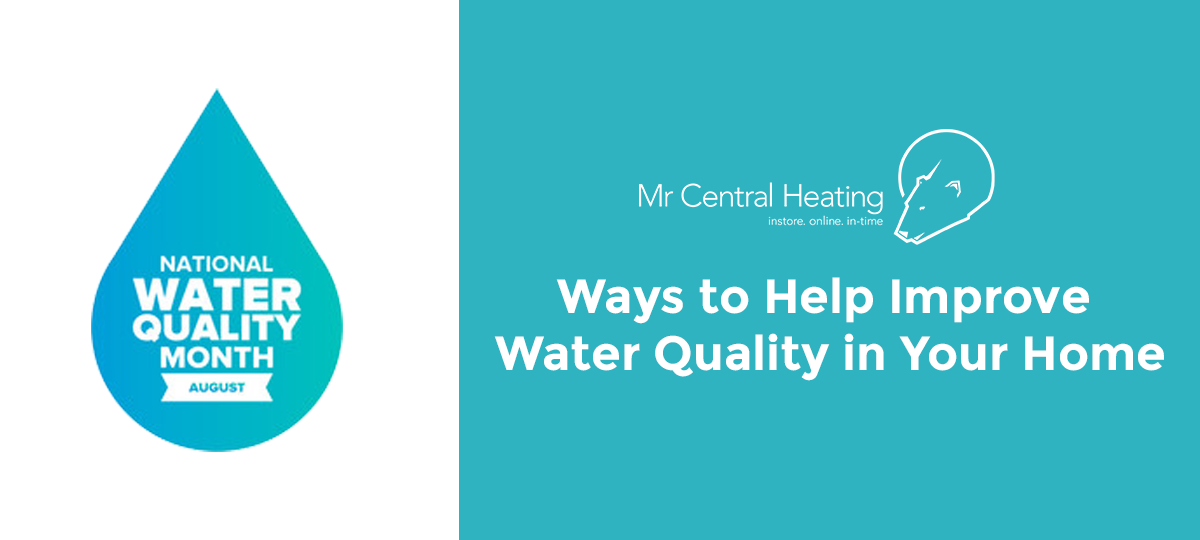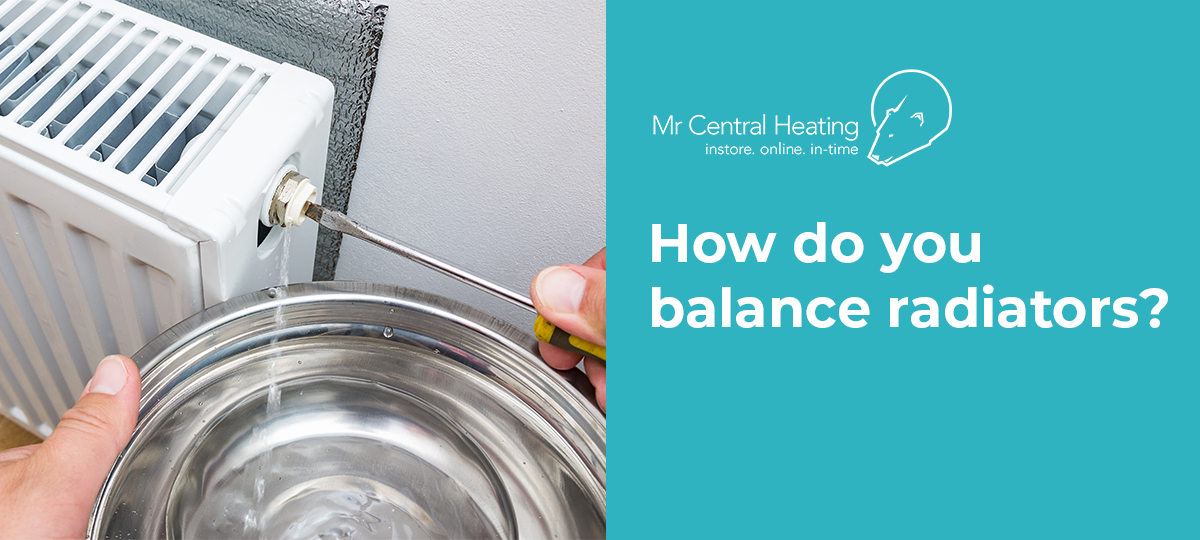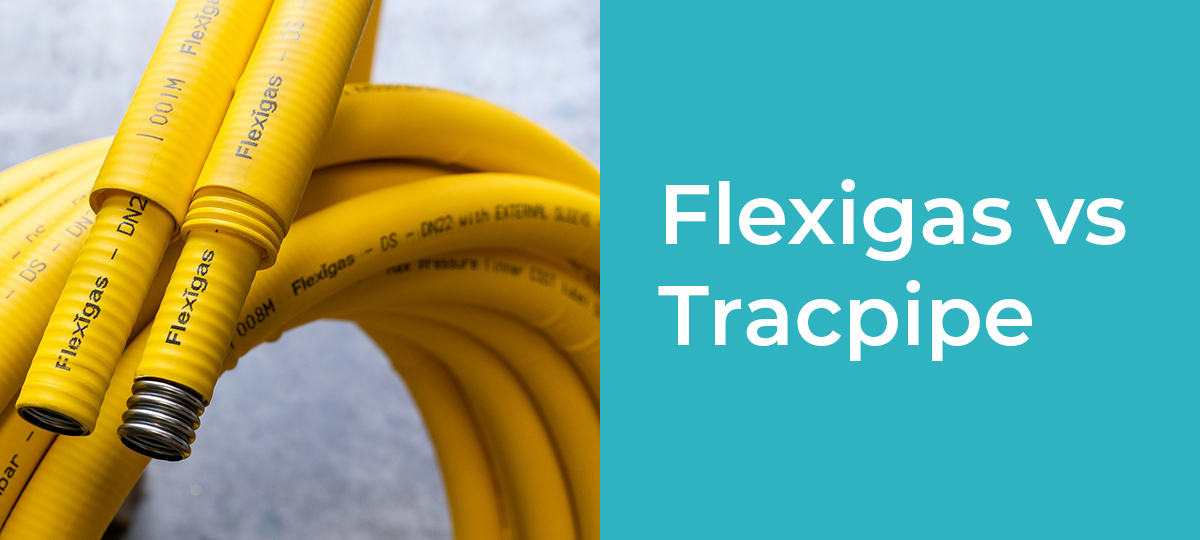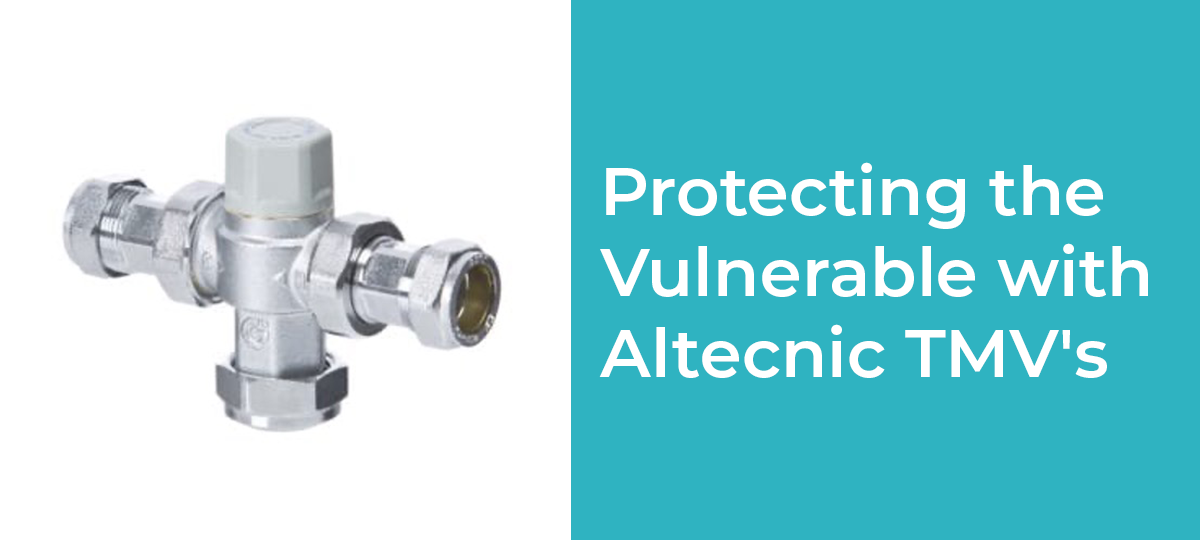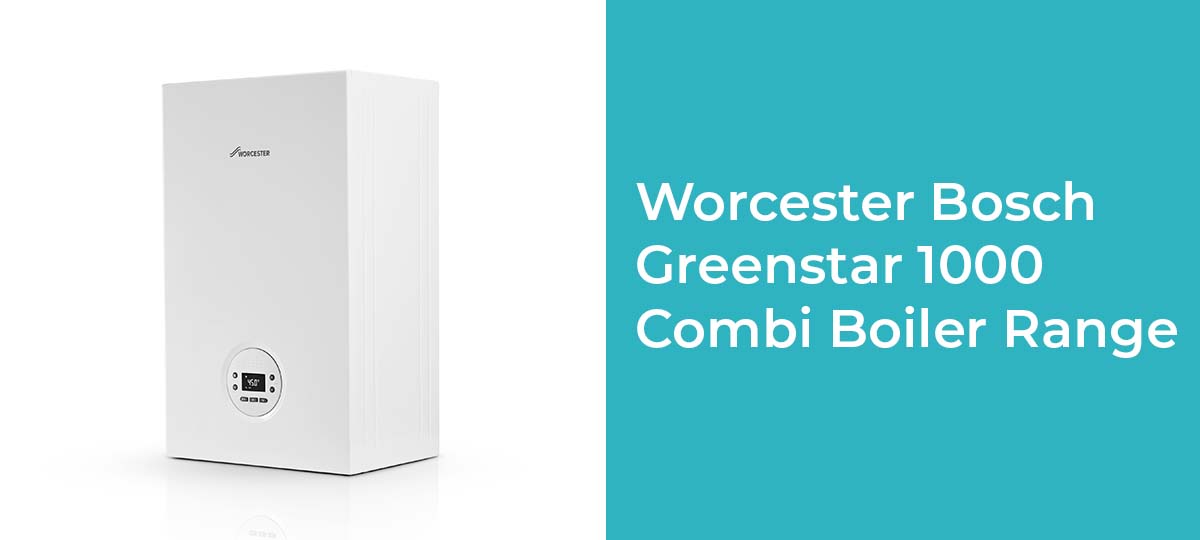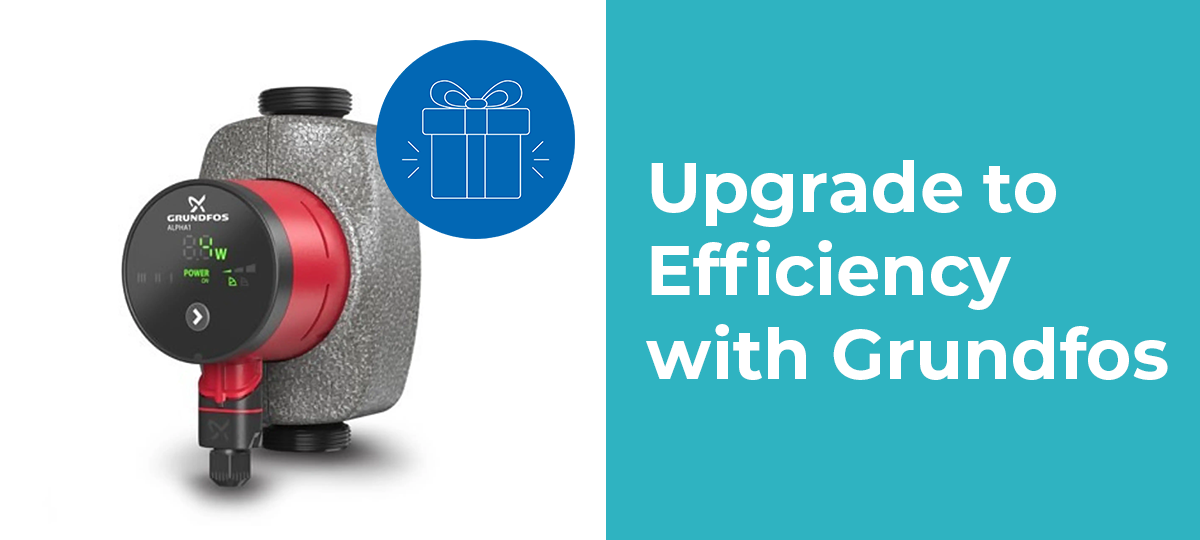Ways you can improve your water quality at home.
Summer is a time that many of us like to spend time in and around the water, whether that’s a holiday on the beach or sitting by the paddling pool. But do you ever consider the quality of the water that you’re using and what might be in it? There are many ways that we might be polluting water without realising. As August is Water Quality Month, we’re encouraging you to start thinking about the effect that you and your household may be having on the water you are consuming.
From 2005 - 2015 the United Nations declared the decade an International Decade for Action in order to emphasise the importance of water quality as it relates to sanitation, human rights, geography, urbanisation and sustainability. It is widely recognised that individually we might not create enough pollution to impact the environment. However, collectively we could cause some serious damage to the water system in the U.K. and further afield. So, if we want to take responsibility and start thinking about how we use water resources, what can we do? Here are a few tips to help you make positive choices in your home to help address potential water quality problems.
Helpful Tips to Improving Your Water Quality
-
This first one might be difficult given the present situation with public health caused by coronavirus (Covid-19). Where possible, try to avoid antibacterial soaps or cleaning products. They’re not much more effective at killing germs than normal soap and water and they’re known to cause a lot of damage to marine life.
-
To help with environmental protection, don’t flush unwanted or out of date medication down the toilet or down the drain. This increasing toxity to your waste water sewerage and in turn pollutes our water ways.
-
Avoid pesticides or chemical fertilisers in your garden. This causes damage to irrigation and this surface water ends up back in our ecosystem - try to look for more natural solutions instead.
-
Obviously, the only thing you should be flushing down the toilet is toilet paper. Baby wipes and other products clog up water treatment plants and deposit chemicals into our systems.
-
Try to avoid beauty products with micro plastics. These are very hard to filter out of the water and often end up in our oceans and rivers.
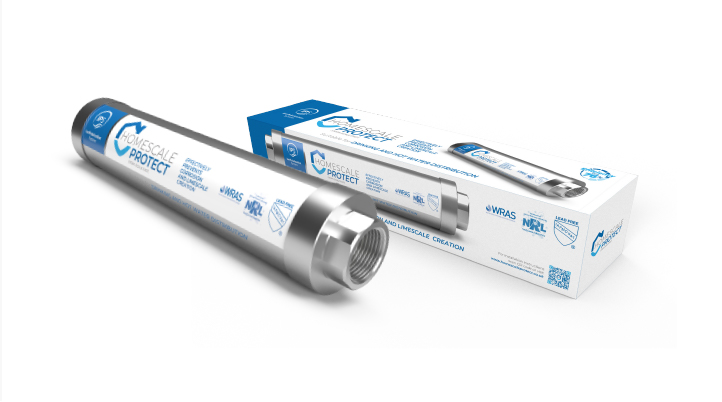
HomeScale Protect:
Another great option if you want to limit the amount of damage the water leaving your home is doing is to install a Homescale Protect. It will remove sediments from your water supply, but doesn’t add anything to your water. The HomeScale Protect removes any damaging residue from your drinking or bathing water leaving it clean and fresh. Have you ever scrubbed your shower screen or kettle to free it from limescale and it won’t budge? Without HomeScale Protect, you are essentially showering, washing your clothes and drinking those deposits which are caused by water hardness. The HomeScale Protect has an efficiency of over 76% in reducing limescale build-up on pipework, valves, taps, shower heads and coils within your heating system without adding anything to your water. Therefore, the water quality is maintained. It also removes the magnesium and calcium cleanly. It keeps your appliances running for longer and your clothes fresher. This also means that nothing is in the water that leaves your home through drainage or irrigation. With the HomeScale Protect, your tap water is leaving your house cleaner than when it entered.
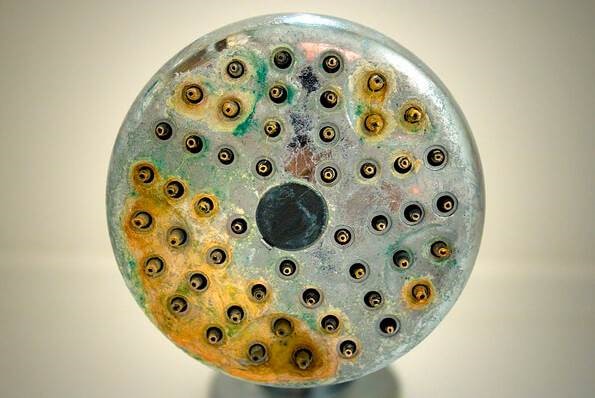
Perhaps none of these options will work for you currently, that’s fine. However, during the month of August and beyond, we should try to be mindful about the quality and consumption of our water. In the U.K. we currently have good water quality standards and our drinking water quality is very high. Unfortunately, this situation may change in the future. Clean water is a precious resource that many of us take for granted. Water may be damaged beyond repair if we don’t try to make some changes now. We need to do our bit to help the environment agency and the water companies maintain these high quality standards.









